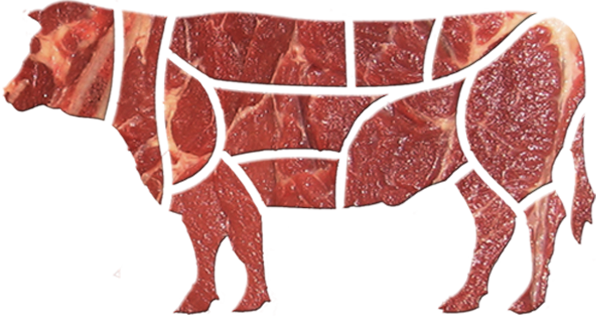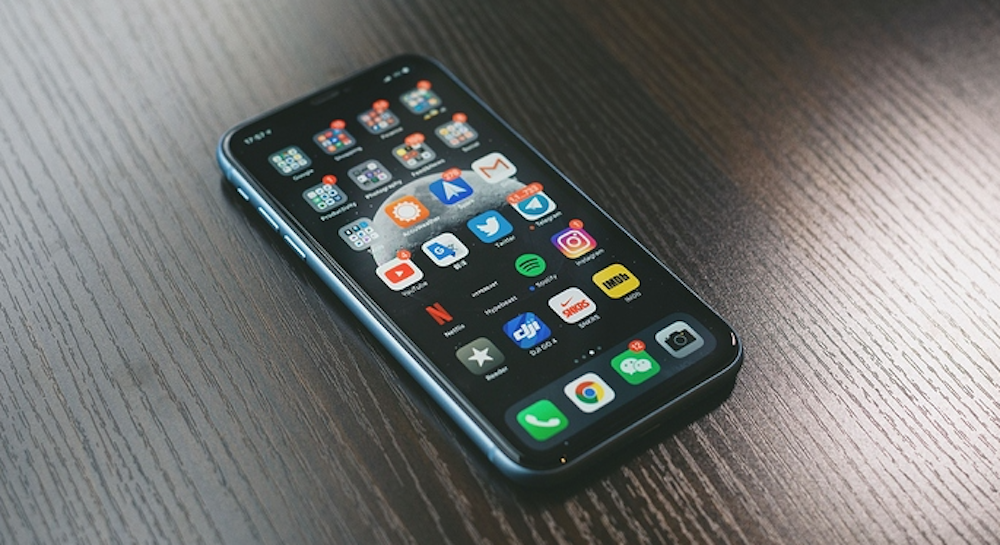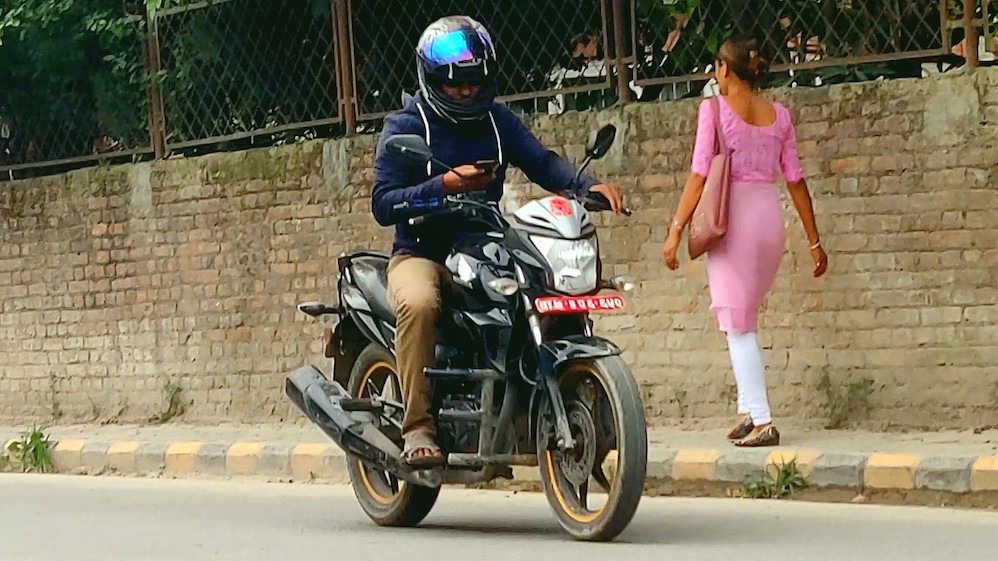Social Media and Self Perception : A Personal Reflection
I have big, long, curly hair. And for a long, time, I had no idea what to do with it. I hated seeing all my friends with straight hair glide from PE to German without a hair out of place while I looked like someone put me in a wind tunnel. I spent my freshman year of high school with my hair in a bun. But thanks to the world wide web, I was able to find blogs, Instagram pages, and Youtube channels full of curated advice and helpful tips so that I could wear my hair down without fear.
Yet the same resource that helped me over come my struggle introduced a different difficulty. I began comparing my hair to that of the “gurus” that I saw online. I wondered why mine was so frizzy and theirs was not. I wondered why my hair styles did not last days and days like theirs did. I wondered what I was doing wrong, and scanned the internet obsessively for answers . The more I searched for “curly hair help”, the more videos and posts I was recommended, and the more frustrated I became.
I ended back where I started : unhappy and unsure. I tried new techniques constantly with no success in making my hair into that of a “model”. Even though the influencers I was attempting to imitate wrote under their photos, “My hair does not always look like this” or “This is my best hair day this week”, I did not care. I wanted to replicate the alternative reality they presented online. And due to social media algorithms I was pushed further into a bubble that emboldened this desire.
But as I learned about the harms and dark patterns of the internet through the Humane Tech Community, I began to distance myself from my social media. I stopped looking for hair advice and started concentrating on myself. If I had I bad hair day, I did not feel like I failed some how. I walked out the door, and did not worry about what other people thought and the unattainable standard I was not meeting. I accepted that I was human, imperfect, and that it was okay to not look like my “best” self all the time.
My experience wrestling with the alternate reality created by social media is not unique. As Dr.Emanuel said to the Child Mind Institute, ‘“for some teens their social feeds can become fuel for negative feelings they have about themselves.”’ We become consumed by the pursuit of a aesthetically perfect life that others have while feeling dissatisfied with our own lives. A Psychology Today article dubs this the comparison trap, and explains why social media exacerbates the issue : “‘It creates a tsunami of excess information at warp speed, which could intensify the effects,’” says Princeton University psychologist Susan Fiske…’” The influx of information provided by social media and the feedback loop of recommendations and related posts place us in an environment where detrimental comparison is inevitable, even natural as the article states comparison is a “fundamental human impulse”.
My realization of the harmful effects of social media inspired me to create The Reconnect Project. By campaigning to revive the manual skills of drawing and writing, I wanted encourage the mindful use of technology and provide a different method to bridge the digital world to the real world. A blank piece of paper can provide the freedom for creativity that a congested news feed may inhibit. Following the three simple steps of The Reconnect Project below can be a step on a larger journey to digital wellness that is not always easy to begin. So to anyone beginning the process of re-evaluating their relationship with social media as I did, happy reconnecting!
References
(Originally published on Linkedin)


